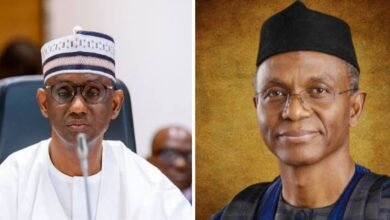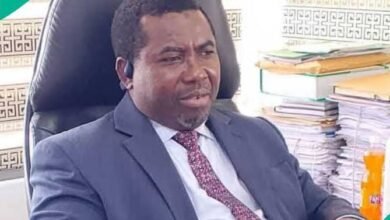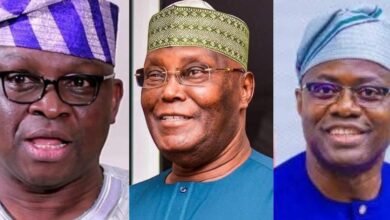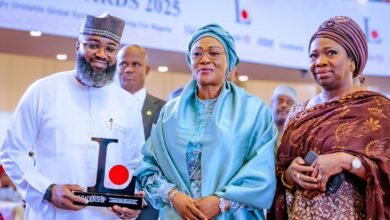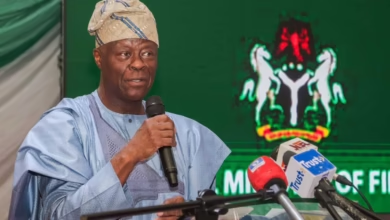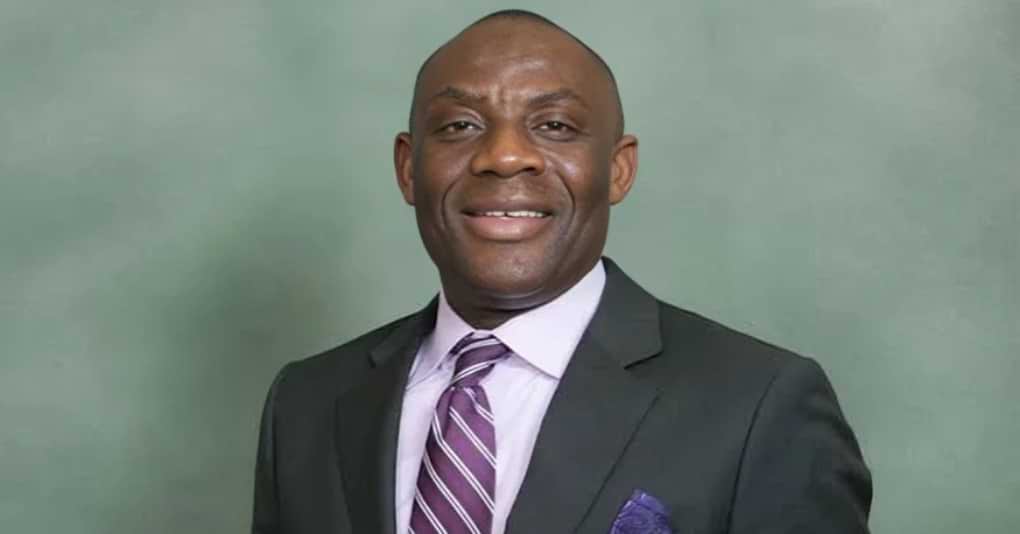
At the 2025 Language in Education International Conference organized by the British Council in Abuja on Wednesday, Minister of Education Tunji Alausa announced the cancellation of the national policy mandating indigenous languages as the medium of instruction in schools.
The policy, approved in 2022, was meant to promote indigenous languages, recognize their equal status and improve early childhood learning outcomes. However, the minister described the policy as outdated and said English will now be the primary language of instruction in Nigerian schools from the primary to tertiary levels.
Alausa said the decision followed a nationwide review of student performance in major examinations, including GCE, NECO and WAEC, where Nigerian students recorded widespread failure.
“We reviewed the data available to us. Is teaching in the mother tongue really working for us? The unanimous outcome of our review ,evidence-based, data-driven and combined with real-life situations in the geopolitical zones, shows overuse of mother tongue from Primary One to Primary Six, and even from JSS One to JSS Three,” he said.
“We’ve seen total destruction of Nigeria’s system, where children graduate up to JSS Three or even SS Three without learning anything. They go on to sit national exams, WAEC, JAMB, NECO, and fail.”
The minister also highlighted linguistic disparities across regions, saying, “Exams are conducted in English, but we taught these kids through their mother tongue. In Borno State, the mother tongue is Hausa, but many speak Kanuri. In Lagos, areas like Ajegunle have predominantly southeastern populations, but 90% of teachers are from the southwest. This diversity requires a unified approach to language instruction.”
According to him, data gathered from schools across the country showed that students taught primarily in indigenous languages recorded higher failure rates in national examinations and struggled with basic English comprehension.
Although the minister’s concerns hold weight, and while the Country Director of the British Council Nigeria, Donna McGowan, has pledged continued support for Nigeria’s education reforms, many Nigerians are still unsure whether this shift will truly benefit students in the long run.
In a country with more than 250 indigenous languages, children often have their earliest interactions in their mother tongues. Transitioning from that foundation to full English instruction can be difficult. If this new policy is going to succeed, the hope is that the Ministry of Education has a clear plan to engage students early, before they become fully grounded in their mother tongues. Alternatively, investing in training for educators could help teachers guide students through English learning while still preserving pride in their cultural languages, much like what countries such as Japan and China do.
This policy shift is bold, but bold doesn’t always mean effective. Nigeria’s multilingual reality requires sensitivity, strategy and serious investment, not just a policy announcement.

